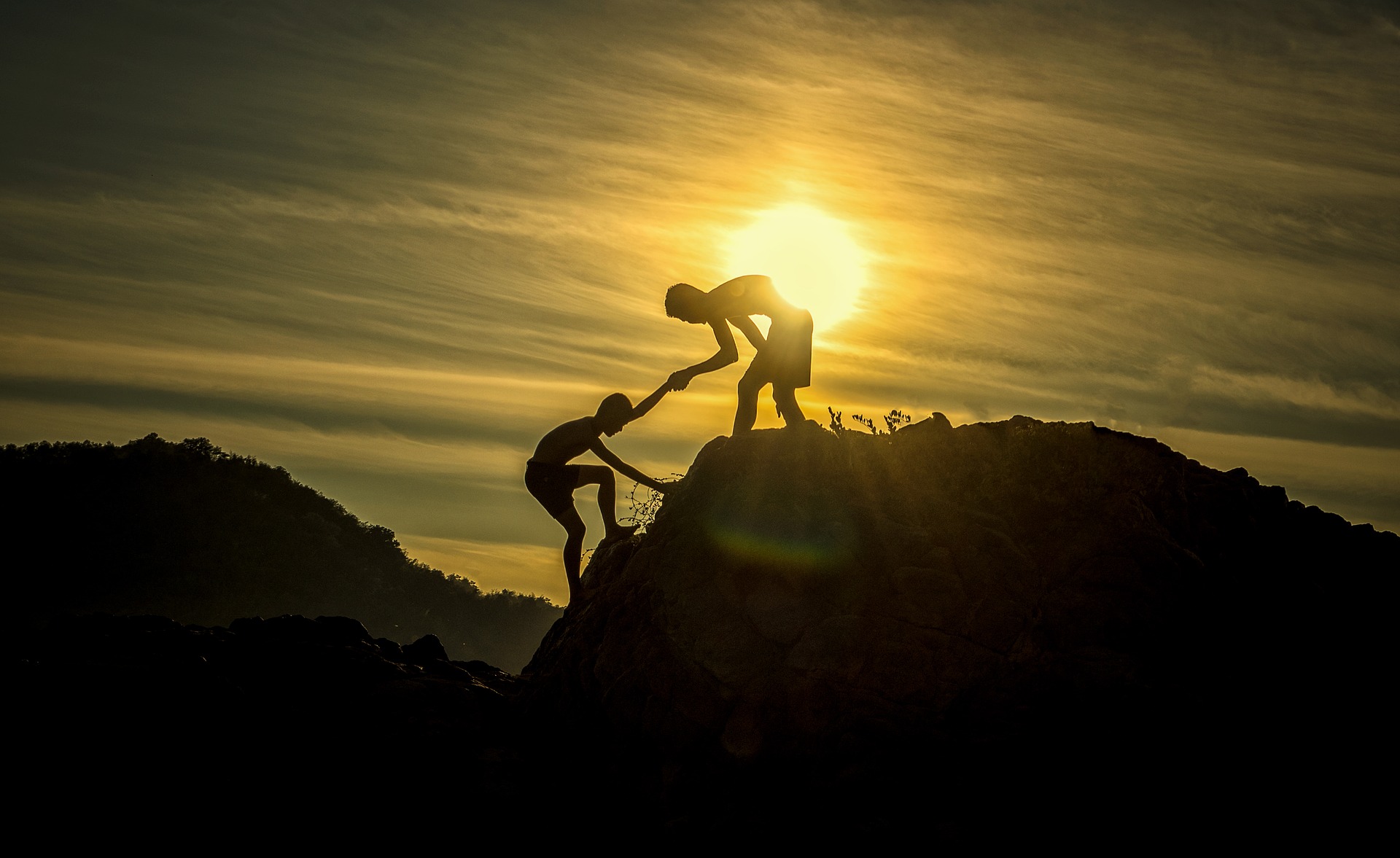A glaring challenge arises whenever we try to apply a system of personal ethical practice to the wider world. Simply put, how do we get from A to B? How can we translate the basic ethical skills and values that our practice demands into concrete ideas and projects that make a positive external impact?
For virtue ethicists, and thus for Stoics, the question becomes: How do we move from the abstract and highly personal idea of virtuous behavior toward virtuous lifestyles, virtuous careers, and virtuous politics? A big part of the Discipline of Action (and, as a result, everything we are concerned with here on the Stoics in Action blog) consists in finding a way to answer this question in new ways for modern life.
For the past year, modern Stoics Kai Whiting and Leonidas Konstantakos (of the University of Lisbon and Florida International University, respectively) have been working with a number of collaborators on tackling the question of virtuous action at an especially grand scale: the level of sustainable development of the global economy. Coming from their respective backgrounds in engineering and philosophy, they are interested in how to combine both fields. “I do philosophy,” says Whiting in a presentation he gave this fall for Stoicon 2018 in London (do check out the video below, and find the slides here), “because I realize that engineering on its own is not sufficient.” Both approaches have something vital to offer to such a giant social and technological problem.
The conclusions that Whiting and his collaborators offer are wide-ranging, but in my reading they can be boiled down to four key themes: realism, benevolence, and a distinctively Stoic view of material services and teamwork, respectively.
I’ll cover each of these in this post, but it’s important to note that Whiting’s overall agenda is much more general: his aim is to invite modern Stoics to put serious work and thought—and, especially, collaborative energy—into finding ways to develop our engagement in the world in positive and high-impact ways. Sustainability is just one (big, complex) piece of that Stoic benevolence puzzle.
Continue reading “How Stoicism Points Toward a Sustainable Economy”

